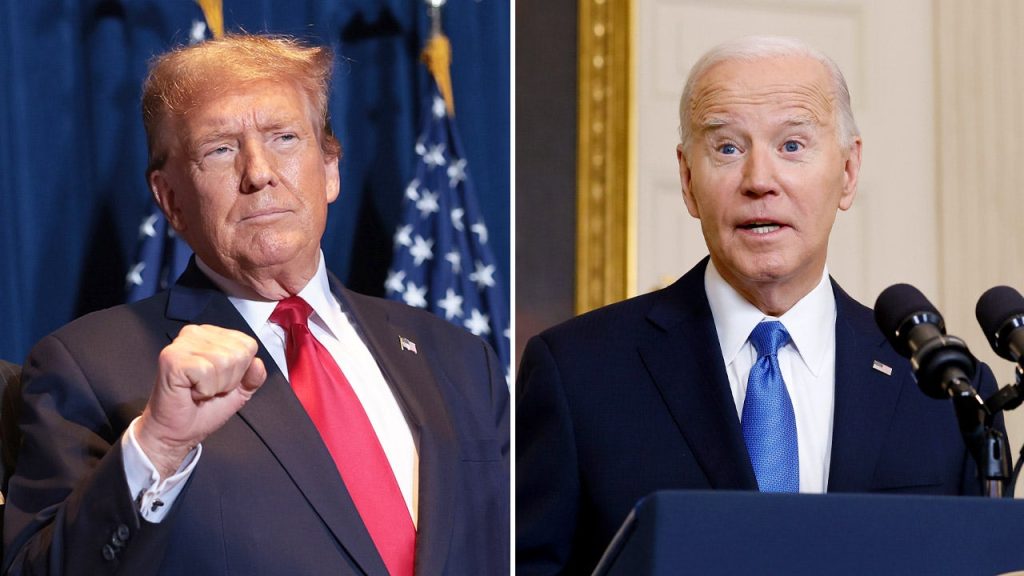The future of Medicare Advantage, a private health insurance plan utilized by roughly 34 million Americans, hangs in the balance following a series of policy decisions by the Biden administration and the subsequent transition to the Trump presidency. The Biden administration implemented cuts to Medicare Advantage rates in 2024 and 2025, leading to increased out-of-pocket costs for enrollees and concerns about the program’s long-term viability. While the final Medicare Advantage proposal from the Biden administration in January 2025 did not explicitly cut rates, it increased the average benchmark payment to plans by a mere 2.2%, a figure significantly lower than the prevailing inflation rate. Critics, including former Republican New York Rep. Ann Marie Buerkle, argue that this effectively constitutes another cut, underfunding the program and placing further financial strain on seniors relying on Medicare Advantage.
This perceived underfunding has ignited a political debate, with the Trump administration inheriting the responsibility of finalizing the Medicare Advantage policy for fiscal year 2026. Buerkle and other proponents of Medicare Advantage view this as an opportunity for Trump to “save Medicare” by reversing the Biden administration’s cuts and ensuring adequate funding for the program. They argue that Medicare Advantage has proven to be a cost-effective alternative to traditional Medicare, saving the federal government billions of dollars while maintaining high enrollee satisfaction rates. By bolstering Medicare Advantage, they believe Trump can solidify his support among seniors and contrast his approach with the perceived detrimental policies of the previous administration.
However, the debate surrounding Medicare Advantage extends beyond simple funding issues. Critics of the program, primarily on the left, argue that it prioritizes private insurance companies over a government-focused system. They contend that the current risk adjustment system, which calculates payments to Medicare Advantage plans based on the health status of their enrollees, can be manipulated and often incentivizes companies to prioritize documentation over actual patient outcomes. These critics advocate for reforms to the risk adjustment system and ultimately envision a transition towards a “Medicare for All” system, a government-run health care program that they believe will provide more equitable and efficient care.
This fundamental disagreement over the structure of the American health care system underscores the broader political context surrounding Medicare Advantage. Opponents of Medicare Advantage view the program as an impediment to their vision of a universal healthcare system, while supporters see it as a valuable and efficient alternative to traditional Medicare. The Trump administration’s decision regarding Medicare Advantage funding for 2026 will not only impact the financial well-being of millions of seniors but also serve as a significant indicator of the administration’s broader healthcare policy priorities.
The Trump administration’s stance on Medicare and Social Security has become a focal point of political debate. During the 2024 campaign, Trump faced criticism over allegations that he intended to cut these programs. He has since vehemently denied these claims, publicly vowing not to sign any legislation that would reduce benefits for seniors. This commitment has resonated with his base and provided a clear contrast with the Biden administration’s policies, which were perceived by some as indirectly undermining Medicare Advantage. The upcoming decision regarding Medicare Advantage funding offers Trump an opportunity to reinforce his commitment to protecting senior benefits and potentially gain political advantage.
The fate of Medicare Advantage rests on a complex interplay of policy, politics, and ideology. The Trump administration faces a critical decision: to maintain the course set by the Biden administration or to significantly alter the funding trajectory of Medicare Advantage. This decision will have far-reaching consequences for millions of seniors and could reshape the landscape of American healthcare. The debate surrounding Medicare Advantage underscores the fundamental divide in the American healthcare debate, highlighting the contrasting visions of a government-run versus a private-sector-driven healthcare system. The Trump administration’s ultimate decision will have significant ramifications not only for the program itself but also for the broader political landscape in the years to come.

